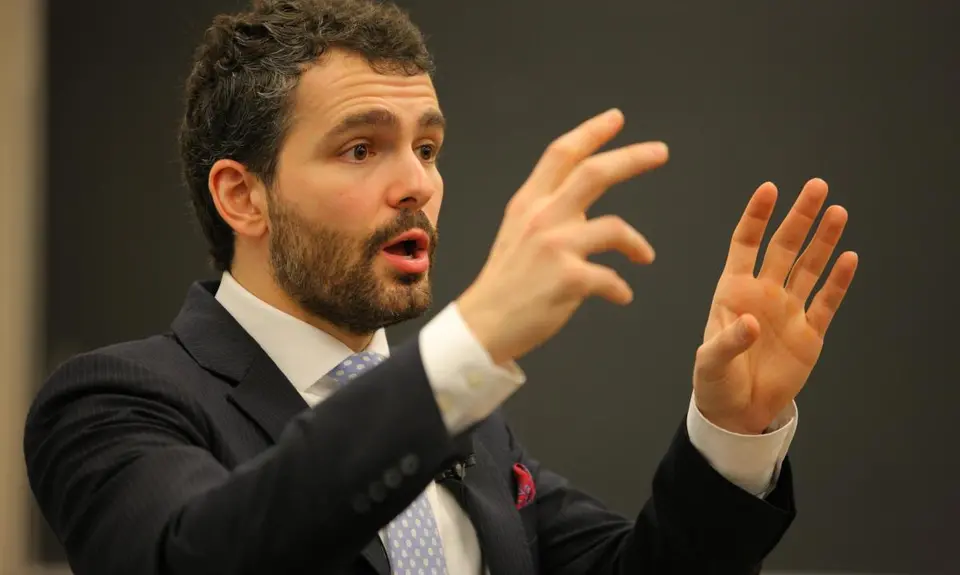Ryan Anderson, the Heritage Foundation’s voice of opposition to LGBT equality, was interviewed last week on the program “Issues, Etc.,” which calls itself “Christ-Centered Cross-Focused Talk Radio.” The interview focused on conflicts between religious liberty and “the sexual revolution.” Anderson called for the creation of a new political organization focused on electing politicians who agree with his approach to religious liberty and defeating those who don’t; a sort of NRA or Club for Growth for people who don’t want to have to recognize the marriages of same-sex couples.
An electoral operation is the one piece missing from a movement that has strong legal advocates, religious voices and think tanks, he said. Of course, there are plenty of Religious Right groups that work to elect conservative Christians who share Anderson’s worldview, groups that spent millions of dollars to help put Trump and other conservatives in office last year. Apparently, Anderson isn’t counting them because they are not focused explicitly on the singular goal of defending a particular view of religious liberty, one that People For the American Way has characterized as “weaponizing religious liberty” on behalf of allowing discrimination in public accommodations.
Anderson also put in a plug for the Heritage Foundation’s anti-government agenda. He said that if Thomas Jefferson or James Madison came back to the U.S. today and were told about the challenge to the Affordable Care Act involving the Little Sisters of the Poor, their first response wouldn’t be a defense of the nuns’ First Amendment rights. Instead, Anderson said, they’d ask, “What is the Department of Health and Human Services and what gives it the authority to tell an order of nuns that they have to provide coverage for contraception in their health care plan?”
“It’s the growth of government,” continued Anderson. “An unaccountable, ever-expanding kind of administrative state, progressive form of governance. This isn’t limited constitutional self-government that Madison and Jefferson thought they were setting up.”
Anderson opposes any laws that would include nondiscrimination protections for people on the basis of sexual orientation or gender identity, even “compromise” versions that include religious exemptions. During the “Issues, Etc.” interview, he warned about the impact of such laws: “If you believe we’re created male and female, and that male and female are created for each other… the law is going to treat you in the same way the law treats people who discriminate on the basis of race.”
“Anti-gay bigotry is wrong,” he said, “but support for man-woman marriage is not anti-gay bigotry.”
Anderson has promoted a long-term “road map” for resisting and overturning the Supreme Court’s marriage equality ruling based on the lessons of the anti-abortion movement, which has drastically limited women’s access to abortion without formally overturning Roe v. Wade. In the interview, he suggested that the anti-choice movement could also serve as an example for justifying religious exemptions from nondiscrimination laws.





